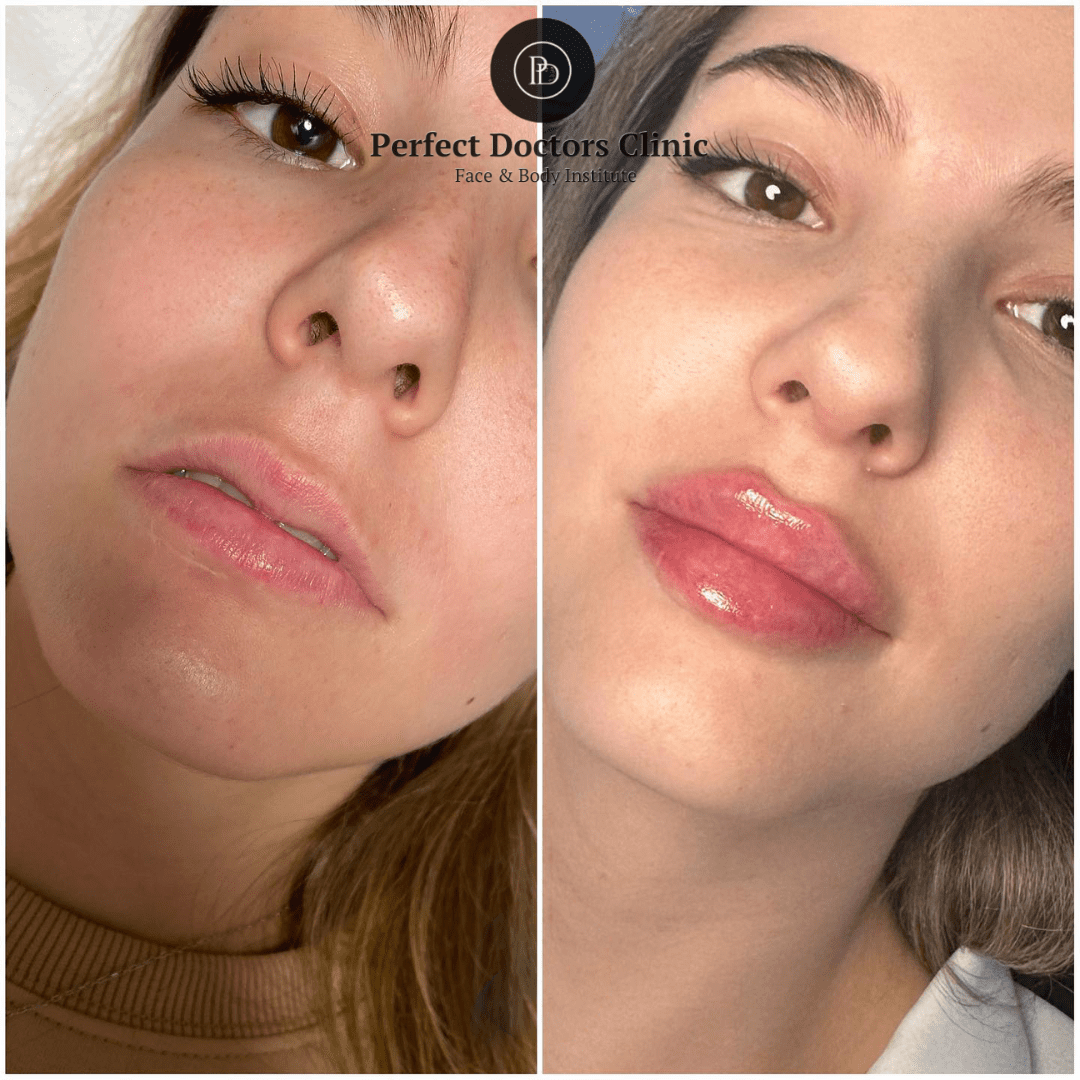Unlocking the Power of Vitamin D3: Benefits You Shouldn’t Ignore

Vitamin D3, also known as cholecalciferol, is often referred to as the “sunshine vitamin” — and for good reason. It’s produced naturally by the body when the skin is exposed to sunlight and plays a vital role in maintaining overall health. Despite its importance, Vitamin D3 deficiency is incredibly common, affecting people of all ages, especially those who spend little time outdoors or live in regions with limited sunlight.
Uvclas D3 is a high-potency vitamin D3 supplement used to prevent and treat vitamin D3 deficiency. It comes in an oral solution of 60000 IU and offers a practical way to regain normal levels of vitamin D in the body.
Let’s explore why Vitamin D3 is so essential, the health benefits it offers, and how to ensure you’re getting enough of this powerful nutrient.
What Is Vitamin D3?
Vitamin D3 is the most effective form of Vitamin D for humans. Unlike Vitamin D2 (ergocalciferol), which is derived from plant sources, D3 comes from animal-based foods and sunlight exposure. Once inside the body, Vitamin D3 is converted into calcitriol, the active form of vitamin D that helps regulate calcium and phosphate levels — key minerals for healthy bones and teeth.
1. Stronger Bones and Teeth
Vitamin D3’s most well-known function is its role in calcium absorption. Without enough Vitamin D3, your body struggles to absorb calcium effectively, which can lead to bone-related conditions like:
-
Rickets in children, causing soft and weak bones
-
Osteomalacia in adults, resulting in bone pain and muscle weakness
-
Osteoporosis in older adults, increasing the risk of fractures
By supporting calcium balance, Vitamin D3 helps maintain bone density and tooth integrity, especially as we age.
2. Boosts Immune System Function
Vitamin D3 is a powerful immune system modulator. It enhances the pathogen-fighting effects of white blood cells and reduces inflammation. Research shows that people with adequate levels of Vitamin D3 are less likely to suffer from:
-
Frequent colds and flu
-
Autoimmune diseases like multiple sclerosis or rheumatoid arthritis
-
Chronic inflammation
During winter months or periods of illness, maintaining optimal D3 levels can help strengthen your immune defenses.
3. Supports Mental Health and Mood
Emerging research links Vitamin D3 deficiency to mood disorders, particularly depression and seasonal affective disorder (SAD). Vitamin D3 helps regulate mood by influencing the production of serotonin, a neurotransmitter that contributes to feelings of well-being.
People with low levels of D3 often report:
-
Low energy or fatigue
-
Irritability or mood swings
-
Increased feelings of anxiety or depression
Supplementing with Vitamin D3 has shown promising effects in improving overall mood and mental clarity, especially in those with previously low levels.
4. Enhances Muscle Strength and Function
Muscle cells have receptors for Vitamin D3, and studies show that higher D3 levels are linked to improved muscle strength and balance, particularly in older adults. This can reduce the risk of falls and injuries — a common concern in aging populations.
5. May Reduce Risk of Chronic Diseases
Vitamin D3 has been associated with a lower risk of chronic illnesses, including:
-
Heart disease: May help regulate blood pressure and reduce arterial inflammation
-
Type 2 diabetes: Plays a role in insulin sensitivity
-
Certain cancers: May help slow the growth of abnormal cells
While more research is ongoing, maintaining optimal Vitamin D3 levels is a proactive way to support long-term health.
How to Get Enough Vitamin D3
You can obtain Vitamin D3 from the following sources:
-
Sunlight: Aim for 10–30 minutes of midday sun exposure several times a week, depending on skin tone and location.
-
Food: Fatty fish (salmon, sardines), egg yolks, liver, and fortified dairy products.
-
Supplements: Especially important for people who have limited sun exposure, live in colder climates, or are older adults.
The general recommended daily dose ranges from 600 to 800 IU, but some individuals may need more. A simple blood test can determine your levels and help guide supplementation.
Final Thoughts
Vitamin D3 is more than just a vitamin — it’s a vital nutrient that impacts your bones, immune system, mood, muscles, and more. In a world where many people spend hours indoors, getting enough Vitamin D3 has never been more important.
By making small lifestyle changes or adding a supplement when necessary, you can unlock the full potential of Vitamin D3 and enjoy a healthier, more energetic life. Always consult with a healthcare professional before starting any new supplement routine.








